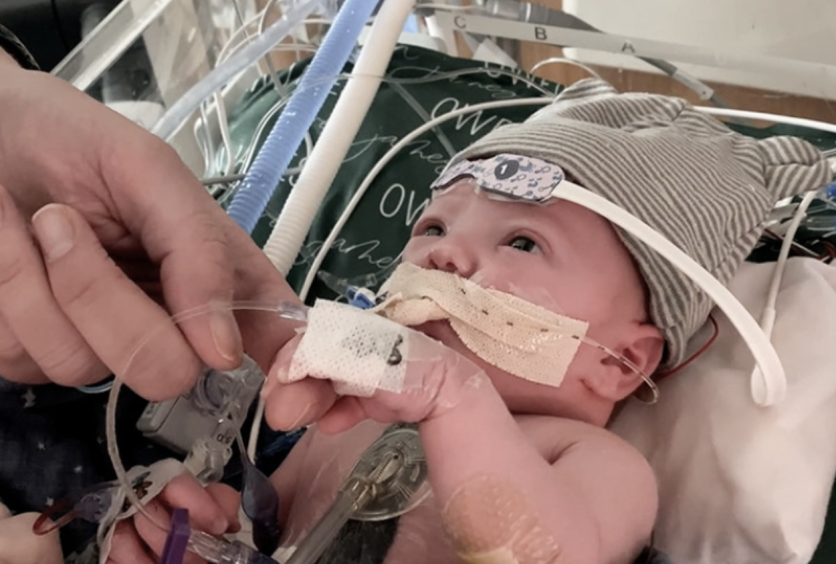A groundbreaking milestone in medical science has been achieved with the world's inaugural partial heart transplant, marking the culmination of over a year of dedicated research by Duke Health.

Growing Valves, Arteries
The patient, a young individual, now displays fully operational valves and arteries that are growing in synchronization with the transplant, aligning with the initial expectations of the medical team.
In the spring of 2022, doctors undertook this pioneering procedure on an infant requiring a new heart valve. In contrast to previous practices utilizing non-living valves incapable of growth, this innovative approach ensures the continuous development of valves and arteries.
The transformative procedure addresses the challenges associated with frequent replacements and significantly reduces the previous 50 percent risk of surgeries being fatal, as reported by Interesting Engineering.
Infants grappling with severe heart valve issues encounter a formidable challenge as there lack of an implant solution that can adapt to their growth.
Consequently, these infants undergo multiple implant replacements until they attain a size suitable for an adult-sized valve. A definitive solution to this predicament remains elusive.
Duke Health physicians have pioneered an innovative valve collection technique during a partial heart transplant. This approach has yielded two fully functional valves and arteries that evolve in tandem with the child's growth, closely mirroring the characteristics of natural blood vessels.
Joseph W. Turek, the first author of the study and Duke's chief of pediatric cardiac surgery, expressed confidence in the efficacy of this technology, affirming its potential to assist other children.
Furthermore, the study unveiled that the partial heart transplant procedure demands only a quarter of the standard immunosuppressant medication typically necessary for a full heart transplant.
Sparing Patients from Side Effects
This element holds considerable promise, potentially sparing patients from adverse side effects that might accumulate over extended periods. The approach also enables a unique form of heart transplant known as a domino transplant.
In this exceptional process, a single heart can serve the medical needs of two individuals. For example, if a person possesses sturdy heart valves but requires a more robust heart muscle, they undergo a complete heart transplant.
Subsequently, their healthy valves can be transplanted to another individual in need, initiating a cascade of assistance for patients, as highlighted by the research team.
This method has the potential to increase the number of hearts available for the benefit of children with heart disease. While around half of the donated hearts meet the criteria for full transplants, an equivalent number of hearts could be utilized for valves, according to Turek's perspective.
As of now, the partial heart transplant procedure has been successfully conducted 13 times across four global centers, with nine of these performed at Duke and some involving domino heart transplants.
Featured in the Journal of the American Medical Association, the team underscores the next critical phase, emphasizing the necessity of advancing this to a clinical trial. This aims to scale up the number of procedures, reshaping the availability of hearts on a broader scale.

ⓒ 2026 TECHTIMES.com All rights reserved. Do not reproduce without permission.




